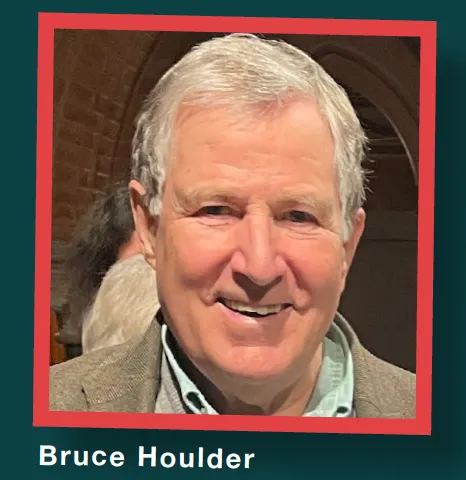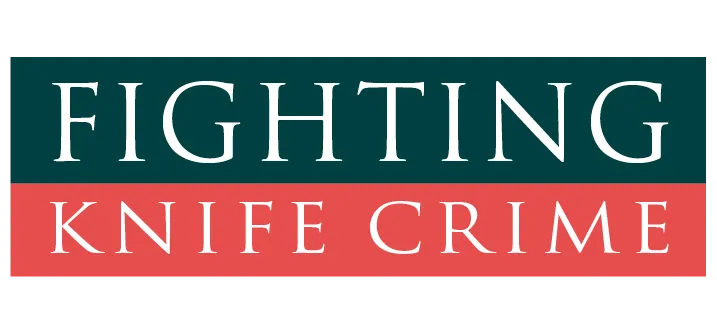
The EZRA COLLECTIVE’s Mercury Prize winning album 'Where I’m Meant To Be', comes directly from a team of talented young musicians who met in a youth club, and has all that positivity and abandon that young people can possess. It reaches into to the heart of our communities. Stephen Akinsanya, in this FKLC’s 9th quarterly edition, echoes the words of the Ezra Collective’s Femi Koleoso who described what we can all create through a shared dream, passion, collaboration, and dedication.
There are three interconnected stands to this edition which find a common thread in FKCL’s main aim to Change Young Lives and place our young people where they are all meant to be.
First, we have our first piece from Lib Peck, the director of London’s Violence Reduction Unit which covers the broad area of their work in preventing violence, through help offered to community ventures old and new. These projects, chosen for their ability to affect change, are supported by Londoners and many hundreds of volunteers across Greater London. We look forward to working with and hearing from the VRU in future editions.
Next, we look at the Arts, and in particular the power of music – of every kind - to see what a contribution that can make to the lives of young people in the most deprived areas. We have a contribution from Dame Kathryn McDowell, CEO of the London Symphony Orchestra. It is an astonishing piece which debunks any prejudice about exclusivity. She illustrates how music-making can benefit everyone. Just one example of the LSO work is the programme of activity they have in partnership with East London Music Education Hubs, which includes opportunities in mainstream and special education school settings, through to high-level coaching, mentoring and performance opportunities for young instrumentalists. Also, we learn from Sophia Membery, an extraordinarily talented 17-year-old, who has benefited from the kind of musical education we want others to receive. She uses her own experience to help young people grow their own talents. She has just returned from working in the United States with young people. She saw there how well-equipped schools had 68% of teachers who reported improved academic performance once music had been introduced in the school community. 94% of teachers saw better social-emotional skills from their students, and how students became more connected with one another. These are powerful messages. We hear too from Wendy Lewis of Celebrate Life Events who work closely with groups, artists and communities. Here, she uses the vehicle of their new and powerful film (which I have seen). Each person in ‘Power to Change’ has been affected by violence, be it as a perpetrator or as a victim, but the film doesn’t stop there. Instead of just focussing on the causes of knife crime and the aftermath of grief, the film gives authentic voice to people further down the line who have managed to make peace with what happened and reach a place of acceptance and even forgiveness.
The third strand looks at the downstream reality for those who have not been able to seize or access the opportunities for change or reconciliation that exist to help other young people. We hear from Stephen Akinsanya, barrister, community worker and broadcaster who speaks with amazing directness and obvious understanding of those he represents who find themselves confronted the realities of their poor decision making, and life chances. He examines the options for change which his experience tells him are the most constructive. He also addresses some hard necessities about how we deal with those who do not choose to take the chance to change. We hear from Edward Smyth, a writer and speaker in the field of criminal justice and faith, who makes the strongest experiential case for changing society’s attitudes to imprisonment for low level offending and uses careful research to support his case. The evidence to support that is very much the skillset of another of our contributors, Jonathan Ley, of Make Time Count Today. whose understanding of advanced analytics in the field of criminal justice has started to provide the best evidence to police and to government of the value of diversion as opposed to our society’s penchant for retributive justice devoid of reform.
It’s a corker of an edition. Please share it and read it all. If not a subscriber to our magazines already, then it’s free, and comes straight to your inbox every quarter, and can be found here.

Founder of Fighting Knife Crime London (FKCL)
